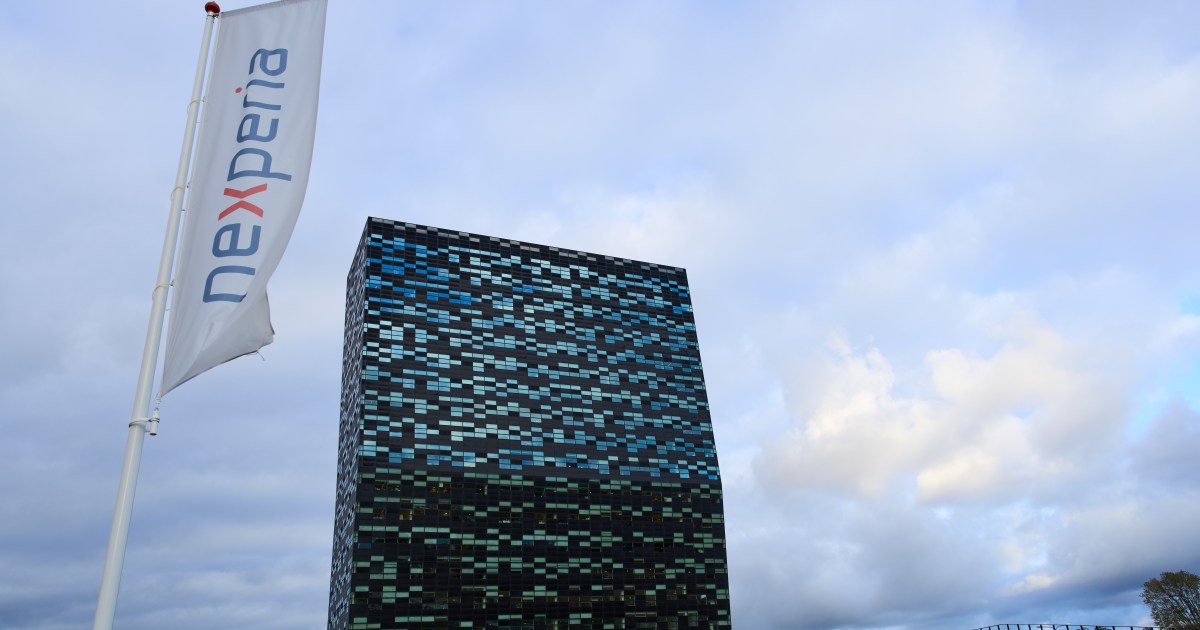Published On 20 Nov 2025
The Netherlands has announced that it will return , control of chipmaker Nexperia to its Chinese parent company, a step towards resolving a standoff between The , Hague and Beijing that upended automotive supply chains.
Dutch Economic Affairs Minister Vincent Karremans said on Wednesday that he , had suspended an order to effectively seize control of the chipmaker following “constructive” talks with Chinese officials and consultations with European and international partners.
Recommended Stories
list of 4 itemsend of list
“We are positive about the measures already taken by the Chinese authorities to ensure the supply of chips to Europe and the rest of the world”, Karremans said in a statement.
“We see this as a show of goodwill. We will continue to engage in constructive dialogue with the Chinese authorities in the period ahead”.
China’s Ministry of Commerce welcomed the announcement as a “first step”, but called for the full revocation of the order, describing it as the “root cause” of the supply chain disruptions.
It also criticised a Dutch court’s “erroneous ruling” last month that forced out Nexperia’s Chinese CEO, Zhang Xuezheng, over alleged mismanagement.
Jo Van Biesebroeck, an economics professor at KU Leuven, said Europe’s efforts to craft a strategy for managing China’s involvement in critical supply chains were a “work in progress”.
“The Nexperia action was triggered by specific actions, and the main worry now seems to be diminished with the personnel change at Nexperia”, Biesebroeck told Al Jazeera.
“The Dutch government made clear how far it is willing to go, and it seems like China has met them halfway”.
The Dutch government took effective control of Nexperia, owned by Jiaxing-based Wingtech, in late September, citing the need to ensure chip supplies amid concerns Zhang could move manufacturing operations and intellectual property to China.
The move came after the United States had warned the Netherlands that the company would likely be placed on its list of sanctioned firms unless it replaced Zhang, though Dutch officials have denied acting due to pressure from Washington.
Beijing condemned the Dutch government’s intervention, invoked under the Cold War-era Goods Availability Act, as an act of “improper interference” in a company’s affairs and blocked exports of some Nexperia products manufactured in China in response.
Japanese carmakers Honda and Nissan were forced to cut back production amid the resulting disruption to supply chains, while Germany’s Mercedes-Benz announced that it had taken steps to secure chip supplies in the short term.
Source: Aljazeera

Leave a Reply